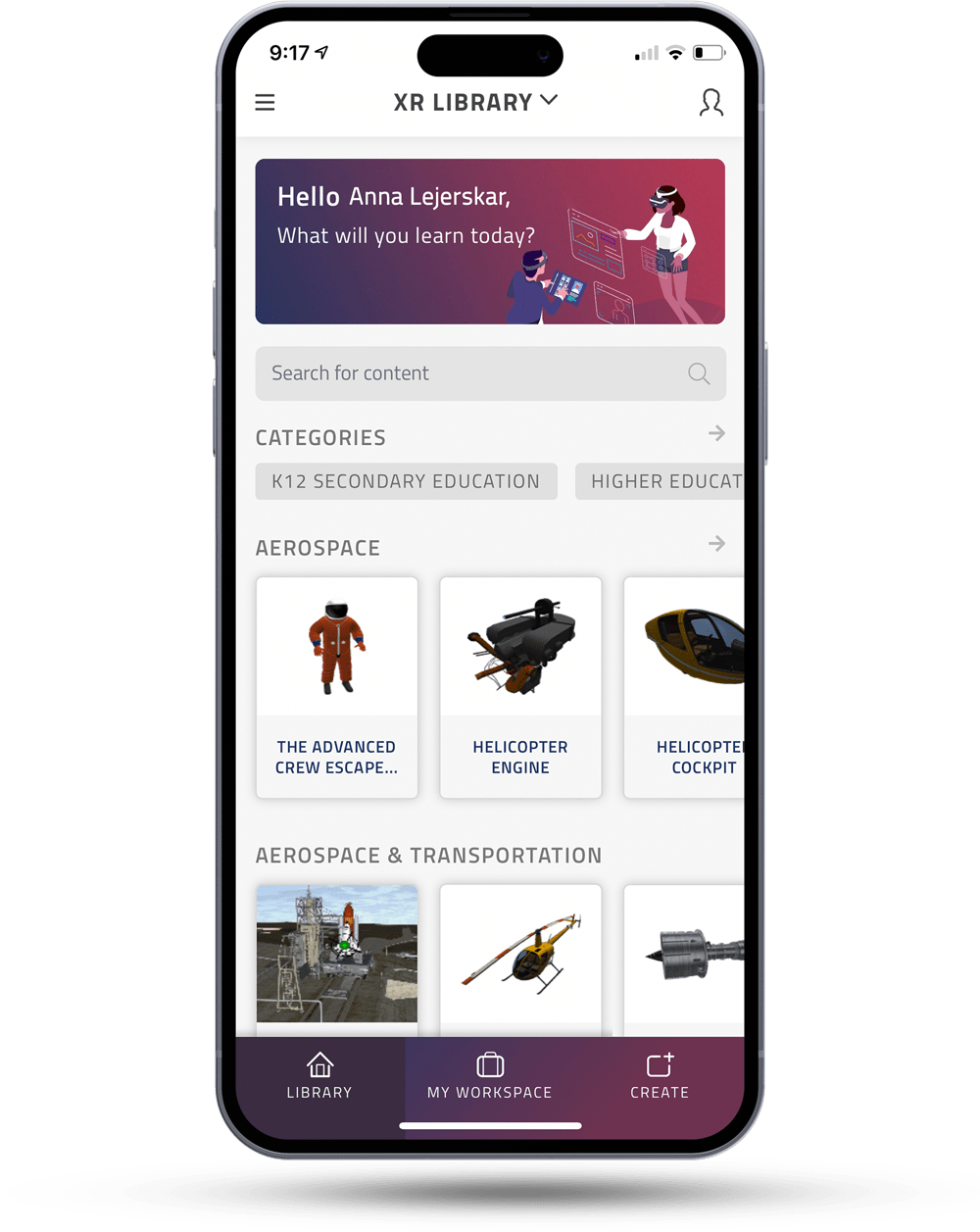Does the pandemic spell the end of higher education? “Unlikely” says Founder Dan Lejerskar but argues the new normal in learning that everyone talks about, isn’t all that new.
Universities will never be the same after the coronavirus crisis
The notice went out on 6 March, a Friday afternoon. All classes at the University of Washington in Seattle – the city then the US epicentre of the outbreak of COVID-19 – would shift online the following Monday. Instructors scrambled to set up remote learning options for more than 40,000 students.
For too long, we have been lulled into a false sense of complacency. Almost overnight, we have been rudely awoken and confronted with some uncomfortable truths about the way we have been teaching our students.
For one, it became stunningly clear that many institutions have been ill-prepared. In flipping the switch overnight, many of them have embraced low-technology forms of remote learning, such as Zoom other video platforms to communicate assignments and assessments.
As online and blended learning looks to become a permanent feature of the future classroom, students are beginning to question the value of paying full tuition for online classes.
Are they right? Well, both yes and no.
First of all, there is an assumption that online classes are much less effective than one conducted in person. True, they are less effective if we continue to port traditional lectures into 2 hour Zoom lectures. But then it begs the question, were traditional lectures even effective in the first place?
What we all need to collectively recognise, is the progress that we have collectively achieved was driven by curiosity, deep understanding and the questioning of the status quo.
Can we say that our current methods of learning and assessment are sufficient to stoke this frame of mind? I think the answer is clear.
What we now need to recognise, is that learning in the new normal is no longer about merely about the acquisition of knowledge. It never has been. It is a multi-faceted process, where we also learn to create mental frameworks for analysis and problem solving. They call them 21st century skills, but I would argue that these were skills relevant at the dawn of civilisation.
Without them, we would not have had major breakthroughs that brought us all the modern day comforts we enjoy today.
How many of us would actually believe that a four year degree could adequately prepare us for what we would confront in the workplace? Yet why should we accept that as status quo? What we need to do now is to ensure that every learning milestone in the degree, is geared toward inculcating a deep seated curiosity and sharpening our mental aptitude for problem solving.
However, we cannot achieve that merely with multiple choice questions or a series of two hour lectures. This requires a rethink and a reset of the way we conceive learning. We can first start by integrating the principle of active learning through self-discovery and questioning. Using these principles, online learning can be just as effective, and perhaps even more so, when designed with the learner in mind
At EON Reality, we have created EON XR, an immersive technology learning platform designed to spark curiosity driven and active learning. Students are encouraged to explore, investigate and co-create as part of their learning journey. From exploring the great Acropolis to the inner workings of a hydrogen combustion engine, students are no longer spectators in a classroom. Instead, they travel into the minds of the great inventors and creators before them, to understand why they did and how.
This I would argue is the way to create the arsenal of mental tools that can prepare us for the challenges and leaps of this century and the next. This is learning in the new normal, but it really isn’t all that new.



















